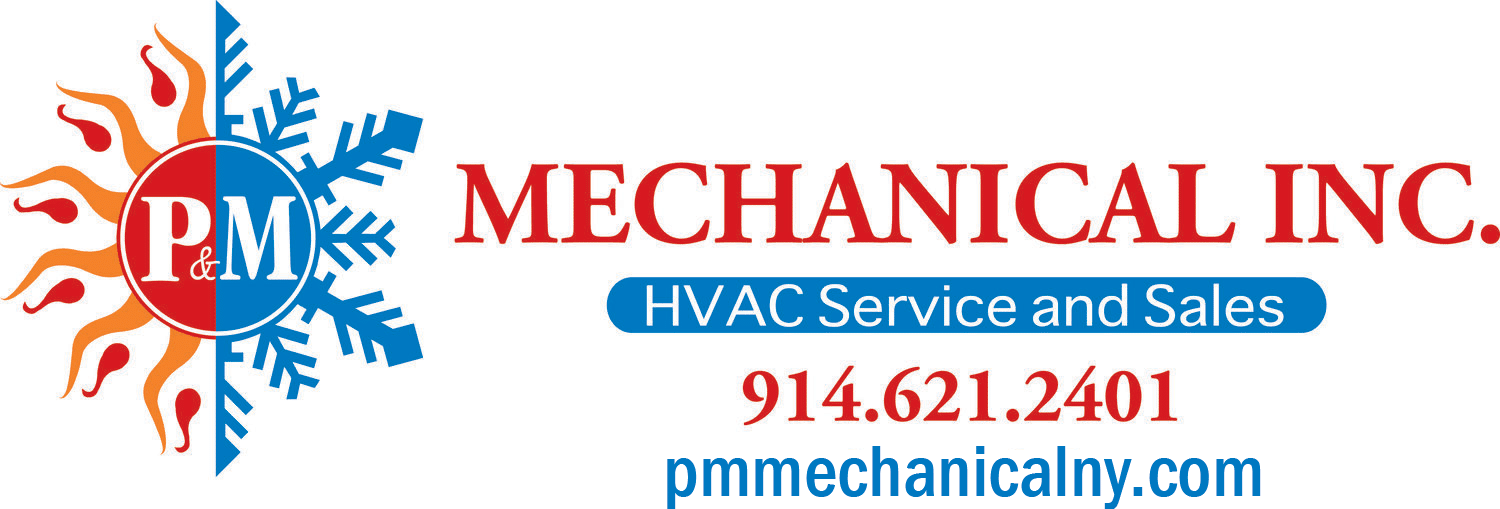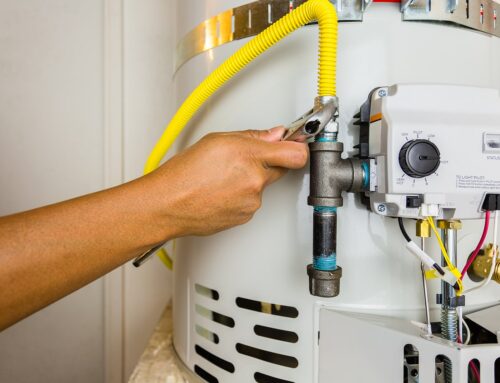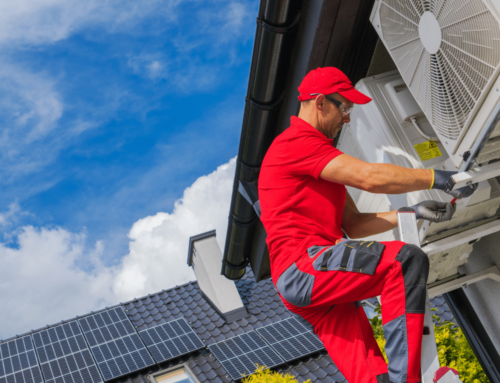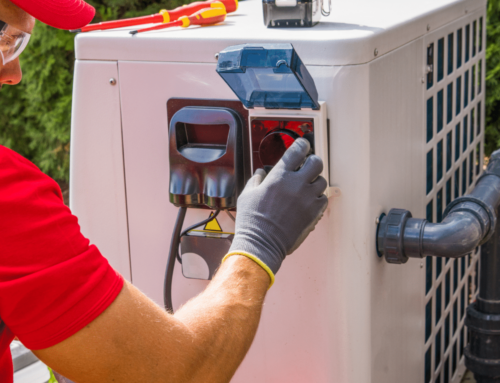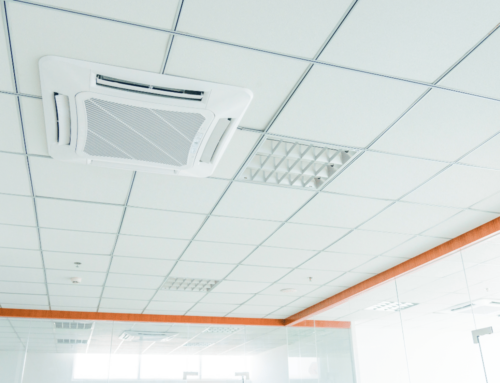Air filtration systems and air purifiers safeguard your indoor environment, ensuring the air you breathe is clean and healthy. In this comprehensive guide, we’ll delve into the importance of these systems in enhancing indoor air quality and how they contribute to a healthier living space.
The Significance of Indoor Air Quality
Indoor air quality (IAQ) refers to the cleanliness and purity of the air within a building, such as your home or office. Poor IAQ can lead to various health issues, including respiratory problems, allergies, and aggravated asthma symptoms. Factors such as dust, pollen, pet dander, mold spores, and volatile organic compounds (VOCs) can compromise indoor air quality, making it essential to implement effective air filtration solutions.
Understanding Air Filtration Systems
Air filtration systems work by capturing and removing airborne particles from the air, thereby improving indoor air quality. These systems typically consist of filters that trap pollutants as air passes through them. Common types of filters include:
HEPA Filters
High-efficiency particulate Air (HEPA) filters are highly effective at capturing small particles, including dust, pollen, mold spores, and pet dander. They can remove up to 99.97% of particles as small as 0.3 microns in size.
Activated Carbon Filters
Activated carbon filters are designed to adsorb and neutralize odors, gases, and VOCs present in the air. They are particularly useful for eliminating cooking odors, cigarette smoke, and chemical fumes.
UV-C Light Filters
UV-C light filters use ultraviolet light to disinfect the air by killing bacteria, viruses, and other microorganisms. These filters are often used in conjunction with HEPA filters for comprehensive air purification.
The Role of Air Purifiers
Air purifiers work in conjunction with air filtration systems to further enhance indoor air quality. These devices typically incorporate advanced filtration technologies, such as HEPA filtration, activated carbon filtration, and UV-C light sterilization, to remove a wide range of airborne contaminants. Air purifiers are particularly beneficial for individuals with allergies, asthma, or respiratory sensitivities.
Choosing the Right System for Your Needs
When selecting an air filtration system or air purifier for your home, it’s essential to consider factors such as the size of your space, the types of pollutants present, and your specific air quality requirements. Consulting with a knowledgeable HVAC professional, like P&M Mechanical, can help you identify the most suitable system for your needs and ensure proper installation and maintenance.
Conclusion
Air filtration systems and air purifiers play a crucial role in maintaining optimal indoor air quality and creating a healthier living environment for you and your family. By investing in these systems, you can effectively remove airborne pollutants, allergens, and contaminants, providing peace of mind and promoting overall well-being. Contact P&M Mechanical today to learn more about our comprehensive indoor air quality solutions and take the first step toward cleaner, healthier air.
